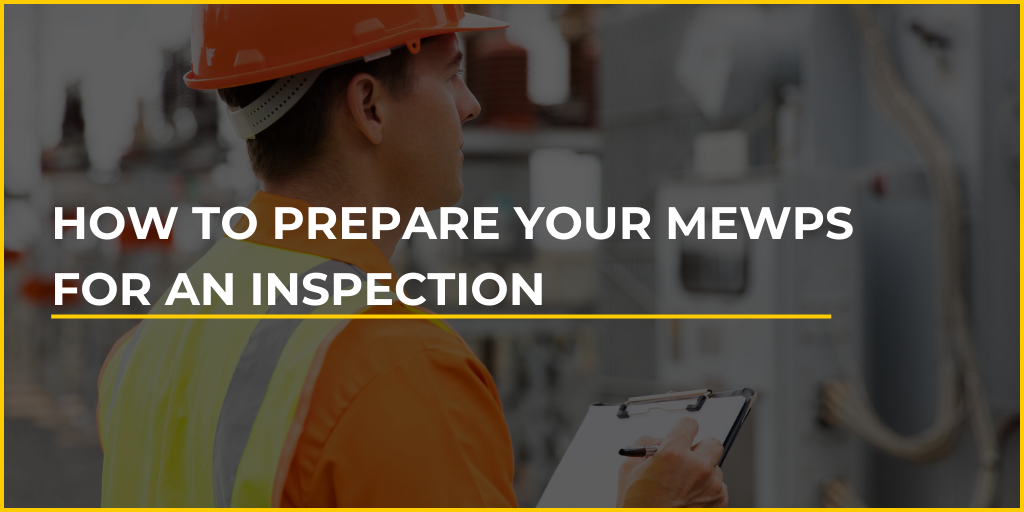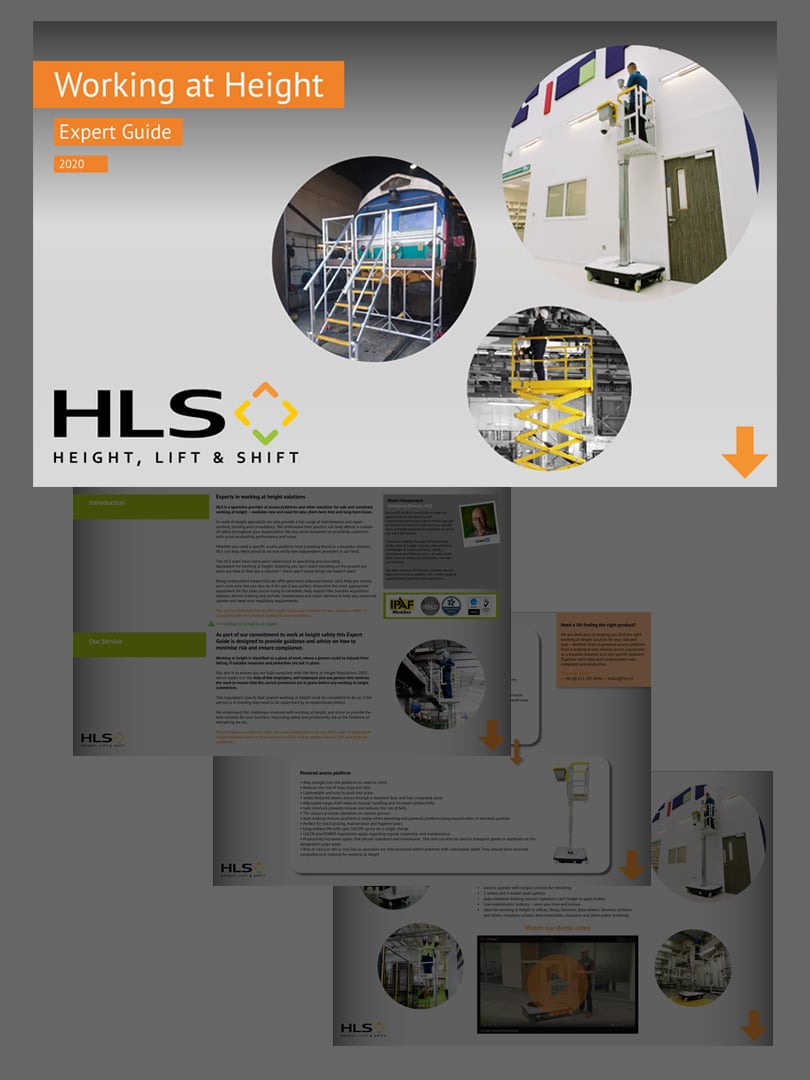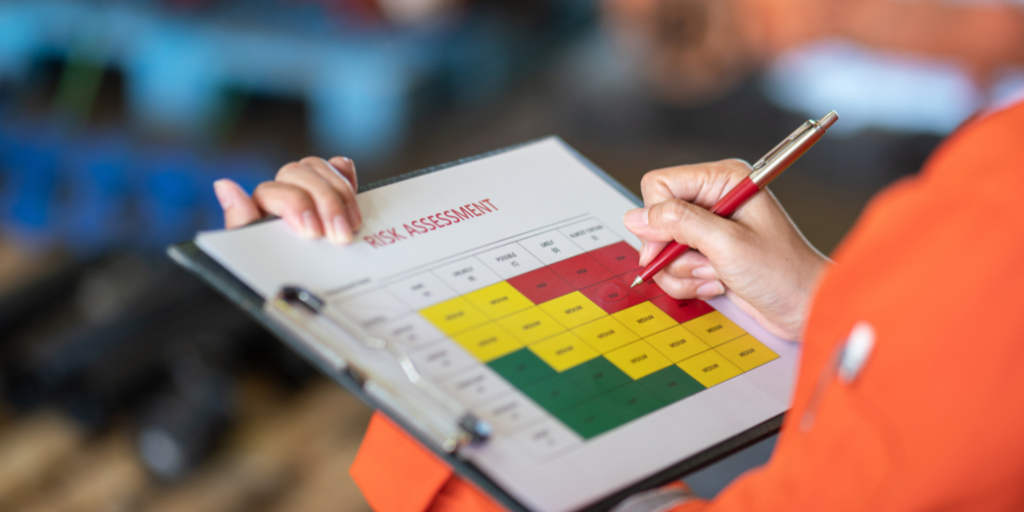Making sure Mobile Elevating Work Platforms (MEWPs) are safe and fit for purpose is essential for maintaining health and safety in the workplace and carrying out working at height tasks in a safe and productive way. Whether it is a new or used access platform, keeping the equipment in good working condition can extend its performance and reduce the risk of falls from height accidents from occurring due to malfunctions. HLS provides routine maintenance contracts tailored to our client requirements e.g. Preventative Maintenance only or Full Repair & Maintenance.
It is important to prepare your machine on site before an HLS engineer arrives to carry out inspection, mandatory thorough examination (LOLER), service and or repairs. Here are a few tips:
- Clean the work area around the MEWP of any obstacles or debris to provide safe access for the engineer. Or move to a designated safe area for work to be carried out.
- Provide documents such as maintenance logs and past records, to help the engineer understand the history of the equipment and to diagnose issues more efficiently.
- For battery powered MEWPs, check battery levels, top-up if required and fully charge prior to engineer visit.
- For diesel engine MEWPs, check and fill fuel tank.
How to look after your MEWPs batteries to be more efficient and save you time and money.
Our experience shows that the condition of a machine’s batteries is the main cause for a failed site visit.
MEWPs usually have 1,2, 4 or 8 batteries fitted to the machines depending on how much power each machine requires and the output of the battery (in volts/amp hour), so if the MEWP is not able to be moved out of storage into an open space for an engineer to access, an inspection cannot be carried out.
It is crucial to take care of your MEWPs batteries to ensure that they remain efficient to save you both time and money. There is nothing more frustrating than reaching a job site only to find that your MEWP batteries are not working, causing delays. To avoid such situations, it is important to implement some simple maintenance practices.
1. Do not overcharge your batteries: Leaving a battery to charge over a long period of time can affect its ability to yield power and cause it to overheat.
2. Regular battery checks: Inspect for any signs of damage and wear, as over time debris and dirt can cause corrosion.
3. Storage: Ensure when storing batteries that they are fully charged and recharged once a month, as batteries tend to self-discharge. The best storage conditions are indoors with stable and constant temperatures.
4. Check water levels: When charging a battery, some water is lost. If the water level drops below the battery plates, it can cause irreparable damage. To prevent this from happening, it's crucial to check the water level regularly and refill it to the recommended level with distilled or deionized water if necessary.
5. Avoid deep discharging: It is important to never store a Mobile Elevating Work Platform (MEWP) with a deeply discharged battery. Doing so can greatly reduce its performance and increase sulfation. Instead, it is best to recharge the battery once you are done using it for the day, rather than running it down completely. Always follow the manufacturer's recommended charging instructions.
The advantages and disadvantages of using batteries:
Pro’s:
- Keep the machine operating at optimum performance.
- Essential for powering the machine.
- Most recommended batteries are powerful and last a long time.
Con’s:
- Vulnerable in cold temperatures
- Equipment could fault if even 1 battery is faulty/defective.
- Can be costly per battery.
Maintaining batteries in cold weather conditions
Working at height in cold weather conditions can significantly impact the performance of batteries in machines, leading to slower functionality and a reduction in battery capacity by up to 50%, requiring more regular charging. To ensure optimal performance of your battery-operated MEWP in cold environments, it is crucial to keep the batteries fully charged and warm. It is recommended to perform regular battery maintenance to prevent downtime caused by dead batteries in below-freezing temperatures.
Conclusion
To minimise equipment downtime and unnecessary costs as a result of failed site visits caused by an inactive MEWP – plan for HLS Engineer visits, check/charge batteries, consider where you would like work carried out and check with colleagues regarding recent faults or damage with your equipment.
The HLS team can offer guidance on how to prepare for upcoming engineer visits and mandatory inspections. Understanding the operation of your battery, identifying common issues, and maintaining your battery properly can significantly increase your MEWP's battery life span and decrease replacement expenses.
Get in Touch
Resources




.png)